Learning About Birth Control After Childbirth
What is birth control?
Birth control is any method used to prevent pregnancy. If you have vaginal sex without birth control, you could get pregnant—even if you haven't started having periods again. You're less likely to get pregnant while breastfeeding, but it's still possible. Finding birth control that works for you can help avoid an unplanned pregnancy. There is no amount of time to wait between pregnancies that will work for everyone. Talk to your healthcare provider about your health and family history, health conditions, your age, birthing history, and your reproductive plans to help decide what is best for you.
There are many kinds of birth control. Each has pros and cons. Find what works for you. Talk to your healthcare provider if you've just given birth or are breastfeeding.
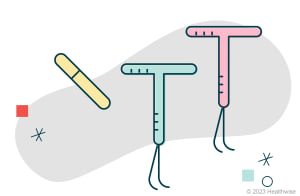
Long-acting reversible contraception (LARC). These are placed inside your body by a healthcare provider. They can prevent pregnancy for years.
Examples include:
- An implant (hormonal).
- Copper intrauterine device (IUD).
- Hormonal IUDs.
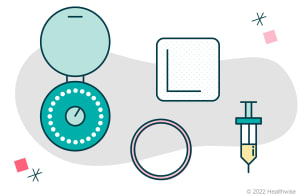
Short-acting hormonal methods. These release hormones. Examples include:
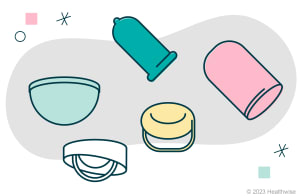
Barrier methods. Use these every time you have vaginal sex.
Examples include:
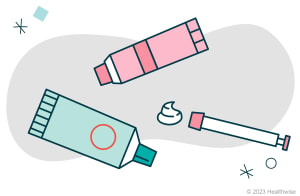
Spermicides. These kill sperm or stop sperm from moving. They can be gels, creams, foams, films, or tablets. Use them before vaginal sex. An example is nonoxynol-9.
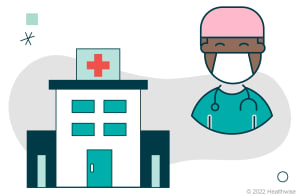
Permanent birth control (sterilization). This can be an option if you're sure that you don't want to get pregnant later.
Examples include:
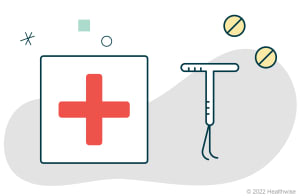
Emergency contraception. This is a backup method. Use it if you didn't use birth control or your birth control method failed. You can use this method for up to 5 days after you had sex. But it works best if you take it right away. It is safe to use while breastfeeding. A copper IUD can be used for emergency contraception. It can be placed up to 7 days after you've had unprotected sex.
Examples include:
- Copper and hormonal IUDs.
- Emergency contraceptive pills.
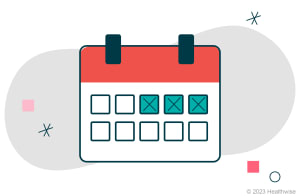
Fertility awareness. You'll learn when you are most likely to become pregnant (are fertile). You can avoid vaginal sex at that time.
It's also called:
- Natural family planning.
- The rhythm method.
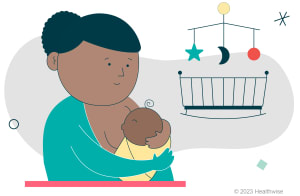
Breastfeeding. This is most effective when all of these are true:
- Your baby is younger than 6 months old.
- You're breastfeeding and not bottle-feeding at all.
- You aren't having periods.
Follow-up care is a key part of your treatment and safety. Be sure to make and go to all appointments, and call your doctor or nurse advice line (811 in most provinces and territories) if you are having problems. It's also a good idea to know your test results and keep a list of the medicines you take.
Where can you learn more?
Go to https://www.healthwise.net/patientEd
Enter X408 in the search box to learn more about "Learning About Birth Control After Childbirth".
Adaptation Date: 05/28/2024
Adapted By: Alberta Health Services
Adaptation Reviewed By: Alberta Health Services
